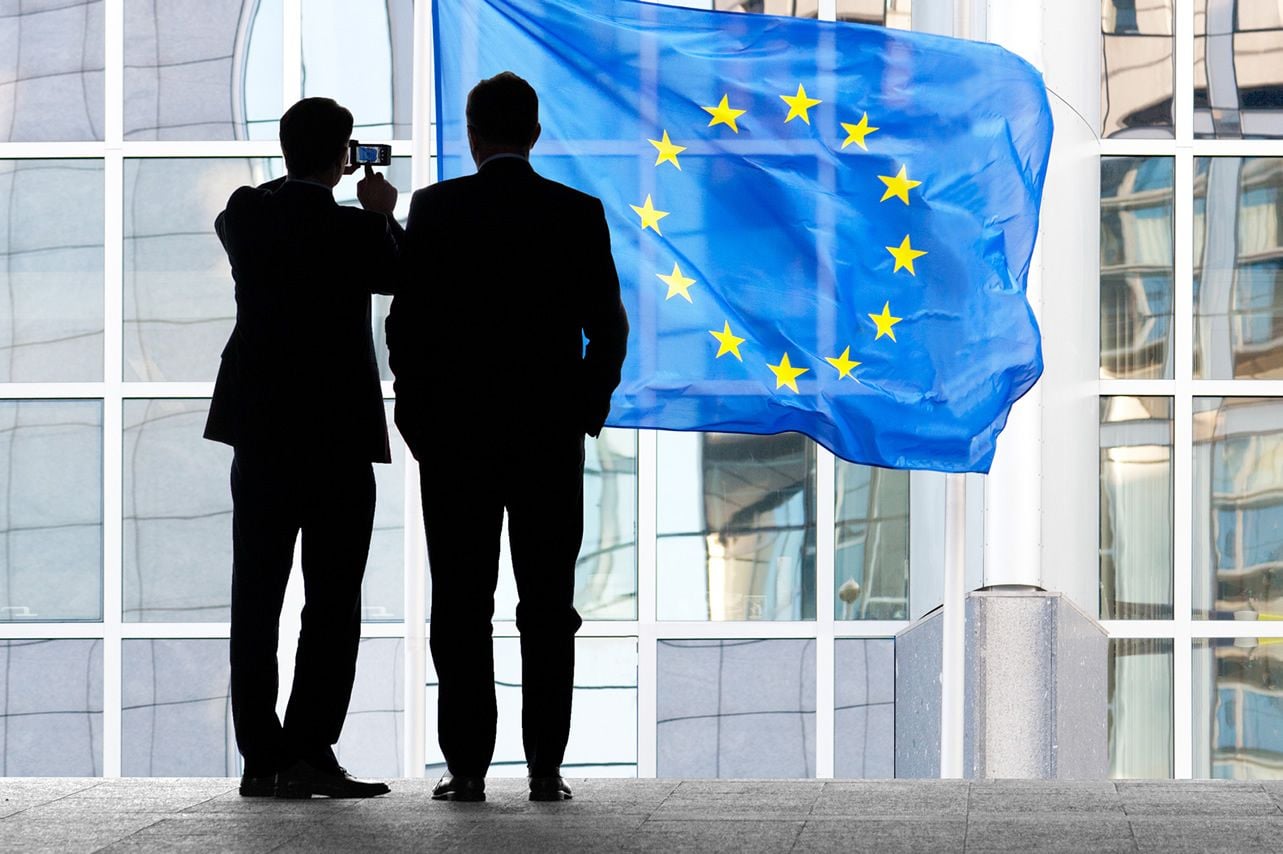Long-Term Gains for the Euro if EU Countries Turn on the Spending Taps

Image © Adobe Images
A new era of increased fiscal stimulus may be about to dawn in many European countries, something that could provide support to the Euro over the long-term horizon.
Faced with a slowing Eurozone economy and a central bank that is fast running out of firepower, the loosening of government purse strings would be expected to lead to greater growth through infrastructure spending, increased job creation, and higher inflation.
This, in turn, would ease pressure on the European Central Bank (ECB) to ease monetary policy further, and maybe even allow them to put up interest rates. Higher interest rates are positive for the Euro because they attract and keep greater net inflows of foreign capital.
This would therefore be an all-out supportive turn of events for the Euro exchange rate complex over the long-term.
Currently, the EU has fiscal rules capping budget deficits at no higher than 3.0% of GDP and national debt at no higher than 60% in member states, but recent comments from leading Europeans suggest this may be about to change ushering in a new era of fiscal amplitude.
Paolo Gentiloni, a former president of Italy and a nominee to become the next European economic commissioner pledged to relax fiscal rules so as to help Europe out of its current low growth rut, in his nomination speech to EU lawmakers.
If awarded the post, he said the next European Commission would decide on the recommended fiscal stance for the Eurozone after it releases new economic forecasts on November 7.
His call echoes the words of Christine Lagarde, the new president of the ECB, who urged European governments to use more fiscal stimulus as the central bank was not “the only game in town” when it came to stimulating the economy.
In his speech, Gentiloni called for a review of EU fiscal rules that would make them simpler.
He urged the development of a funding plan for an EU ‘unemployment reinsurance scheme’, which would provide benefits to Europeans anywhere in the EU in the event of job loss.
The scheme could be funded by nations with ‘overheating’ economies to help those in a recession, say adherents.
Currently Europe is divided in the area of government spending; Germany is seen as remaining quite austere whilst France is becoming more fiscally expansive.
"A number of member states are also thinking of fiscal stimulus, something the ECB has been advocating. In France and the Netherlands, tax cuts have already been announced, which should give consumption a boost next year. While Germany has come up with a 'green package', providing a small stimulus for the coming years, and the planned end of the so-called solidarity tax, the government has also suggested that it could do more if the economy tanks," says Peter Vanden Houte, an economist with ING Bank in Amsterdam.
Much of course depends on how far Germany is willing to go on expanding government expenditure as the debt brake, Germany's 10-year-old fiscal rule that bans governments in Berlin from running budget deficits, remains intact.
“There are problems for the German government in seeing expansion come through,” says David Page, a senior economist at AXA Investments in an interview with Bloomberg News. “But the rest of Europe is in a slightly different place. We hear from the new Italian government that we are likely to see probably a modestly higher deficit come through there; it is likely that France under Macron is likely to push to slightly easier fiscal place; so within the Eurozone there is quite a smorgasbord of different policies coming through.”
Yet, Page is medium-term bearish the Euro, seeing the currency weaken in Q4 due to the negative impact of U.S. auto tariffs on European carmakers.
Nevertheless, he is more bullish longer-term, seeing “global stabilisation” helping the currency, as well as potential weakness for the U.S. Dollar from increased central bank easing.
Time to move your money? Get 3-5% more currency than your bank would offer by using the services of a specialist foreign exchange specialist. A payments provider can deliver you an exchange rate closer to the real market rate than your bank would, thereby saving you substantial quantities of currency. Find out more here.
* Advertisement




